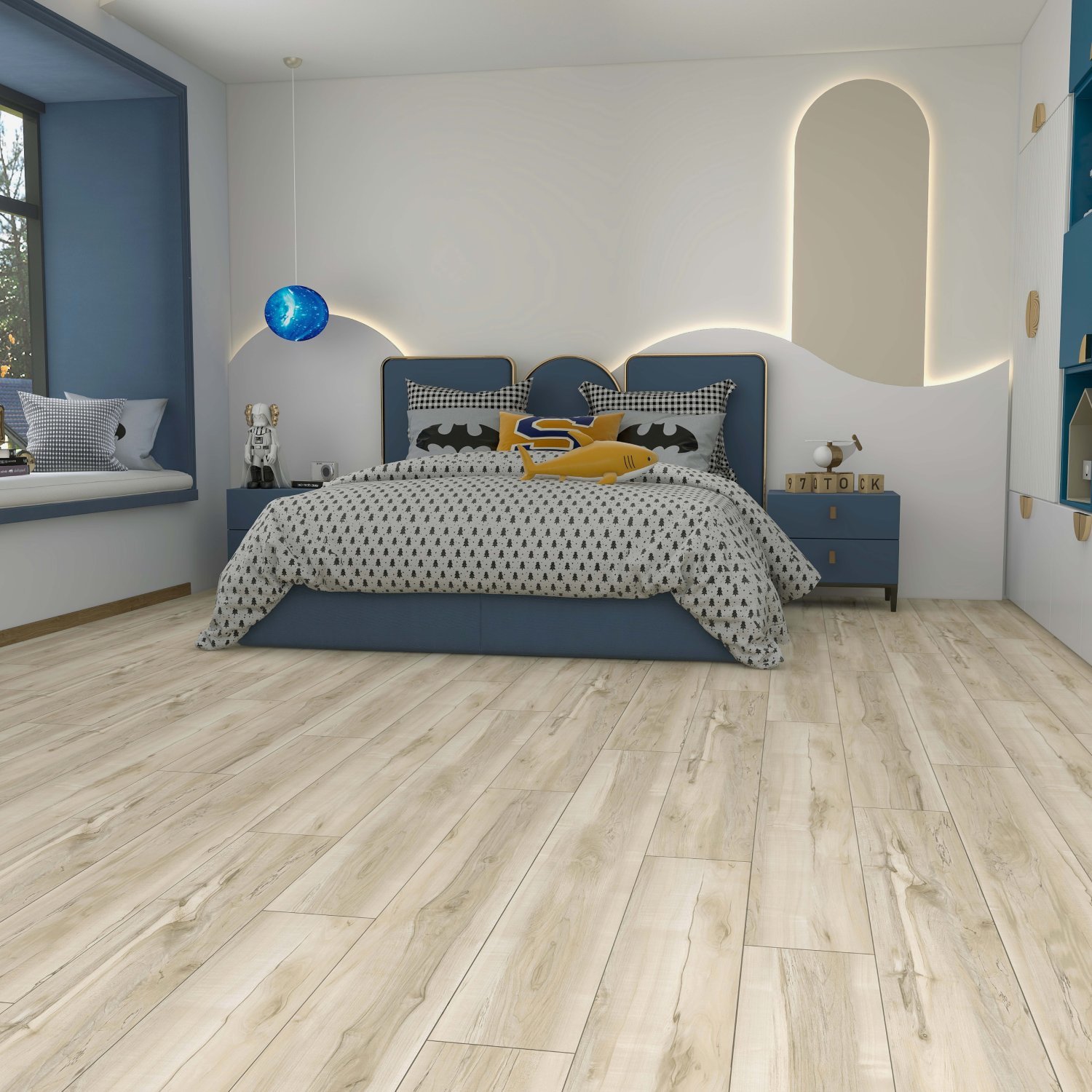
Blog
Pros and Cons of Luxury Vinyl Floor

Luxury vinyl flooring (LVF) has become a popular choice among homeowners and designers due to its combination of durability, affordability, and style. It replicates the appearance of hardwood, stone, or tile but offers easier maintenance and installation. However, like any flooring option, LVF has both advantages and disadvantages. If you’re considering luxury vinyl for your space, here’s a detailed look at its pros and cons to help you make an informed decision.
## **Pros of Luxury Vinyl Flooring**
### 1. **Durability and Wear Resistance**
One of the standout benefits of luxury vinyl is its durability. It’s designed to withstand heavy foot traffic, making it an ideal choice for high-traffic areas like hallways, kitchens, and living rooms. Most LVF products come with a wear layer that protects the surface from scratches, scuffs, and stains.
### 2. **Waterproof Options**
Luxury vinyl flooring is available in both water-resistant and 100% waterproof varieties. This makes it an excellent choice for moisture-prone areas like bathrooms, kitchens, basements, and laundry rooms, where traditional hardwood or laminate may not be suitable.
### 3. **Easy Maintenance**
LVF requires minimal upkeep compared to other types of flooring. Routine cleaning with a broom or mop keeps it looking great, and it doesn’t require waxing or special treatments. Additionally, spills can be wiped up quickly without the risk of damaging the surface.
### 4. **Cost-Effective Alternative to Hardwood or Tile**
Luxury vinyl mimics the appearance of high-end materials like hardwood and stone at a fraction of the cost. You can achieve the same elegant look without the expense of natural materials, making it a budget-friendly choice for renovations and upgrades.
### 5. **Soft and Comfortable Underfoot**
Unlike tile or stone, luxury vinyl flooring feels softer and warmer underfoot. Some LVF products even come with built-in underlayment, providing added comfort and noise reduction—an appealing feature for families with children or pets.
### 6. **Ease of Installation**
Luxury vinyl is known for its DIY-friendly installation options. Many LVF products feature click-and-lock systems that require no adhesives, while others come with peel-and-stick backs. With proper preparation, homeowners can install the flooring without professional help, saving on labor costs.
### 7. **Variety of Styles and Patterns**
LVF is available in a wide range of styles, including wood-look planks and stone-look tiles. With advancements in printing technology, luxury vinyl offers highly realistic designs and textures that can suit any aesthetic, from rustic to modern.
—
## **Cons of Luxury Vinyl Flooring**
### 1. **Not as Long-Lasting as Hardwood**
Although durable, luxury vinyl doesn’t have the same lifespan as natural hardwood. While LVF can last 10-20 years with proper care, high-quality hardwood floors can last a lifetime if maintained well. If longevity is your priority, LVF may not be the best option.
### 2. **Environmental Concerns**
Luxury vinyl is made from synthetic materials, primarily PVC (polyvinyl chloride), which raises environmental concerns. Production and disposal can contribute to pollution, and LVF isn’t biodegradable. Additionally, not all luxury vinyl products are recyclable.
### 3. **Susceptible to Dents and Gouges**
While LVF is resistant to scratches, it can be prone to dents or gouges if heavy furniture or sharp objects are dropped on it. Over time, moving heavy items across the surface may leave marks that are difficult to repair without replacing the affected sections.
### 4. **Limited Repair Options**
If a section of luxury vinyl flooring becomes damaged, it can be challenging to repair. Unlike hardwood that can be refinished, LVF typically needs to be replaced. Although individual planks or tiles can sometimes be swapped out, matching the original design exactly may be difficult.
### 5. **Potential for Fading**
Luxury vinyl flooring can fade over time if exposed to direct sunlight for prolonged periods. In spaces with large windows or glass doors, it’s important to use window treatments or UV-blocking films to prevent discoloration.
### 6. **May Lower Home Value Compared to Hardwood**
Although LVF is stylish and functional, it may not add as much value to your home as natural hardwood or premium tile. Some buyers still prefer traditional materials, and luxury vinyl might be seen as a temporary solution rather than a long-term investment.
### 7. **Requires Proper Subfloor Preparation**
While LVF is relatively easy to install, it requires a smooth, clean subfloor. Any unevenness or debris can affect the final result, causing the planks to shift or create bumps. This means that some spaces may need extra preparation before installation.
—
## **Conclusion**
Luxury vinyl flooring offers a practical, stylish, and cost-effective solution for many homeowners. With its durability, waterproof properties, and variety of design options, LVF is an excellent choice for spaces that need both function and beauty. However, it’s essential to weigh the potential drawbacks, such as environmental concerns, limited repair options, and susceptibility to dents, before making a decision.
Ultimately, luxury vinyl flooring is a versatile option that works well for homes and businesses alike. If you need a low-maintenance, budget-friendly alternative to hardwood or tile, LVF could be the perfect fit. However, for those looking for long-term investment flooring or environmentally sustainable materials, other options like hardwood or cork may be worth exploring.

